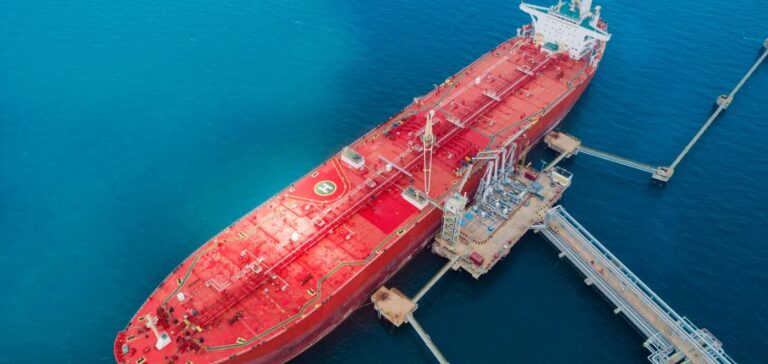In July, India overtook China to become the world’s largest importer of Russian oil, marking a significant turning point in global trade flows.
Indian refiners stepped up their purchases of Russian crude, reaching a record 2.07 million barrels per day (b/d), or 44% of the country’s total imports.
This increase of 4.2% on June and 12% year-on-year underlines India’s growing appetite for Russian oil, sold at attractive prices due to Western sanctions against Moscow. China, until now the main buyer, saw its imports of Russian oil fall to 1.76 million b/d in July.
This drop is attributed to reduced profit margins for Chinese refiners, leading to a reduction in their demand.
In response, Russia redirected part of its exports to India, thus altering regional trade dynamics.
The impact of Western sanctions and the benefits for India
The sanctions imposed by Western countries on Russia following the invasion of Ukraine have profoundly disrupted the global energy market.
These sanctions forced Moscow to seek new outlets for its oil, with India becoming a key partner in this context.
By benefiting from lower prices, Indian refiners were able to meet growing domestic demand while improving their margins.
The influx of Russian crude has also helped to stabilize world oil prices and limit inflation in India, a crucial objective for the Indian government.
This sourcing strategy looks set to continue, with forecasts indicating a continued increase in imports until sanctions are tightened.
Changes in trade flows and geopolitical implications
The realignment of Russian oil flows to India has also had repercussions on regional markets.
ESPO Blend crude, historically destined for refiners in northeast China, is now largely destined for South Asia.
In July, Indian imports of this type of oil jumped to 188,000 b/d, supported by the increased use of Suezmax vessels, capable of carrying larger quantities of crude.
This change has weakened the position of Chinese refiners, faced with sluggish domestic demand and increased competition on international markets.
Iraq remains India’s second-largest oil supplier, followed by Saudi Arabia and the United Arab Emirates, but the share of oil from the Middle East in India’s energy mix rose slightly from 38% in June to 40% in July.






















